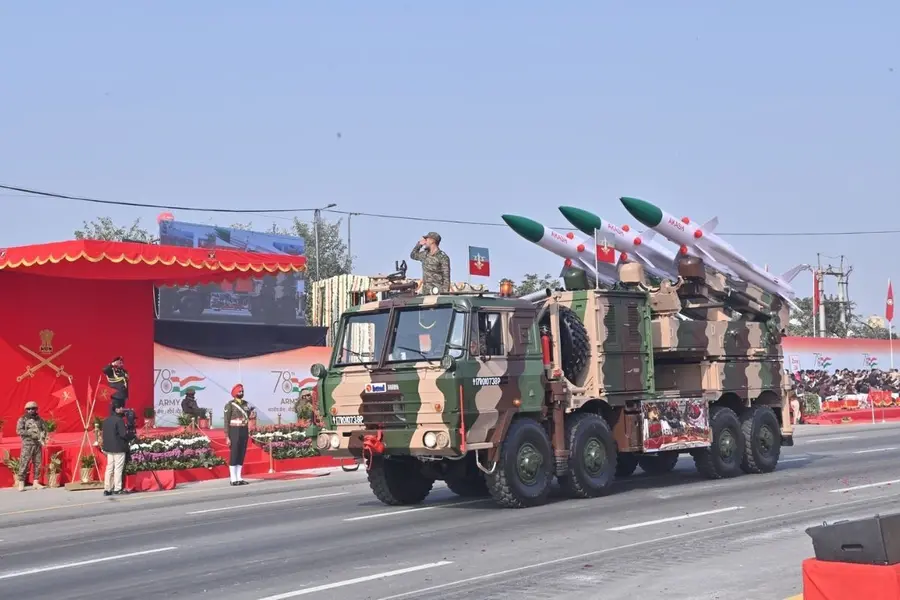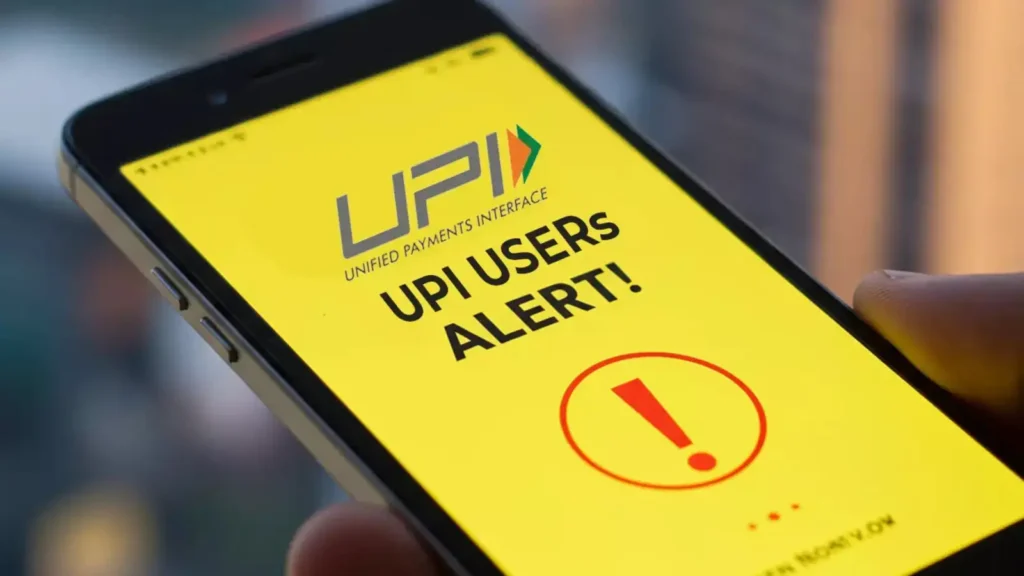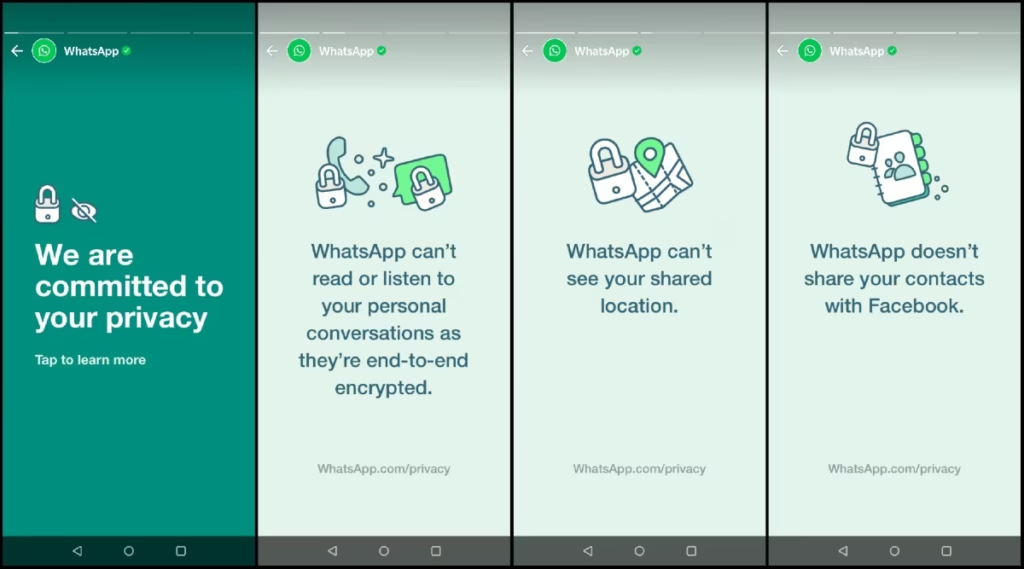Now Reading: Understanding Blockchain: The Technology Shaping the Future of Digital India
-
01
Understanding Blockchain: The Technology Shaping the Future of Digital India
Understanding Blockchain: The Technology Shaping the Future of Digital India

In recent years, the term “blockchain” has been buzzing across finance, tech, and even government sectors. But for many in India’s Tier 2 cities, it still feels like a confusing concept. Simply put, blockchain is not just about cryptocurrencies like Bitcoin — it’s a powerful technology that could transform industries, from banking to healthcare to farming.
What Exactly is Blockchain?
At its core, blockchain is a digital ledger — a record book, but online. Unlike traditional ledgers maintained by one authority (like a bank), a blockchain is shared and maintained by a network of computers.
Every time a transaction happens, it’s recorded in a “block.” These blocks are linked to one another in a chain, making it nearly impossible to tamper with past records. This transparency and security are what make blockchain unique.
Why Should It Matter to You?
Blockchain is not just for tech experts. Here’s how it can impact daily life in smaller towns and local businesses:
- Faster Payments: Blockchain allows direct money transfers without middlemen, reducing costs and delays. This can benefit small business owners and gig workers.
- Land Records: In cities like Nagpur or Bhopal, where land disputes are common, blockchain can ensure tamper-proof records of ownership.
- Supply Chain Transparency: For farmers and retailers, blockchain can track products from origin to shelf, ensuring quality and preventing fraud.
- Healthcare Records: Patients can control their own medical data and share it with hospitals only when needed, maintaining privacy and accuracy.
Is Blockchain the Same as Cryptocurrency?
No, but they’re connected. Cryptocurrencies like Bitcoin or Ethereum use blockchain as the technology behind them. However, blockchain can exist without any currency involved. For example, a school can use blockchain to issue and verify student certificates digitally.
Challenges and Limitations
Despite its promise, blockchain isn’t perfect. Setting it up can be expensive and complex. It also requires strong internet connectivity and digital literacy, which are still growing in smaller towns.
Moreover, there’s still a lack of clear regulation in India, making it risky for individuals to invest in blockchain-related ventures without proper knowledge.
Government and Startups are Taking Note
India’s central and state governments have shown interest in using blockchain for better governance. Some Tier 2 city startups are also exploring blockchain for logistics, education records, and fintech services.
Educational platforms are now offering beginner-level courses in Hindi and regional languages to help more people understand the concept and its benefits.
Conclusion
Blockchain may sound technical, but it’s slowly becoming part of everyday processes — even in non-tech sectors. For young Indians, students, entrepreneurs, and job seekers in Tier 2 cities, understanding blockchain could open up new opportunities.
As India moves forward digitally, knowing how blockchain works and why it matters can help you stay ahead in an increasingly connected world.
Ask ChatGPT

























